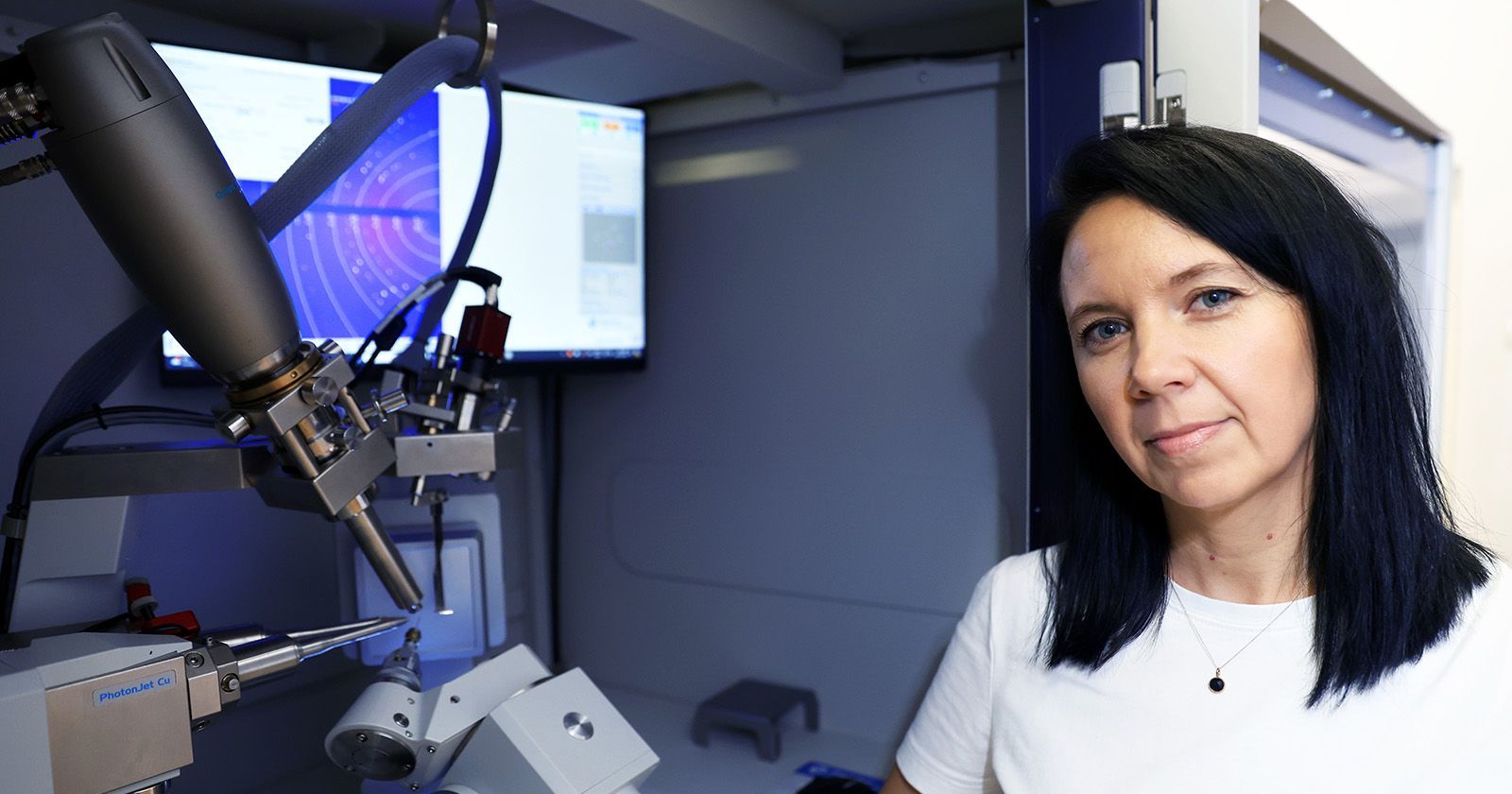 Natural sciences
Natural sciences
Chemical acceleration worthy of the Nobel Prize
Research, once conducted over many years, is now performed within a few days, or even hours, says Dr Anna Kozakiewicz-Piekarz from the Faculty of Chemistry, Nicolaus Copernicus University in Toruń.
The Royal Swedish Academy of Sciences announced that three outstanding scientists, David Baker, Demis Hassabis, and John Jumper have been awarded the 2024 Nobel Prize in chemistry for their pioneering work on the structure and designing proteins.
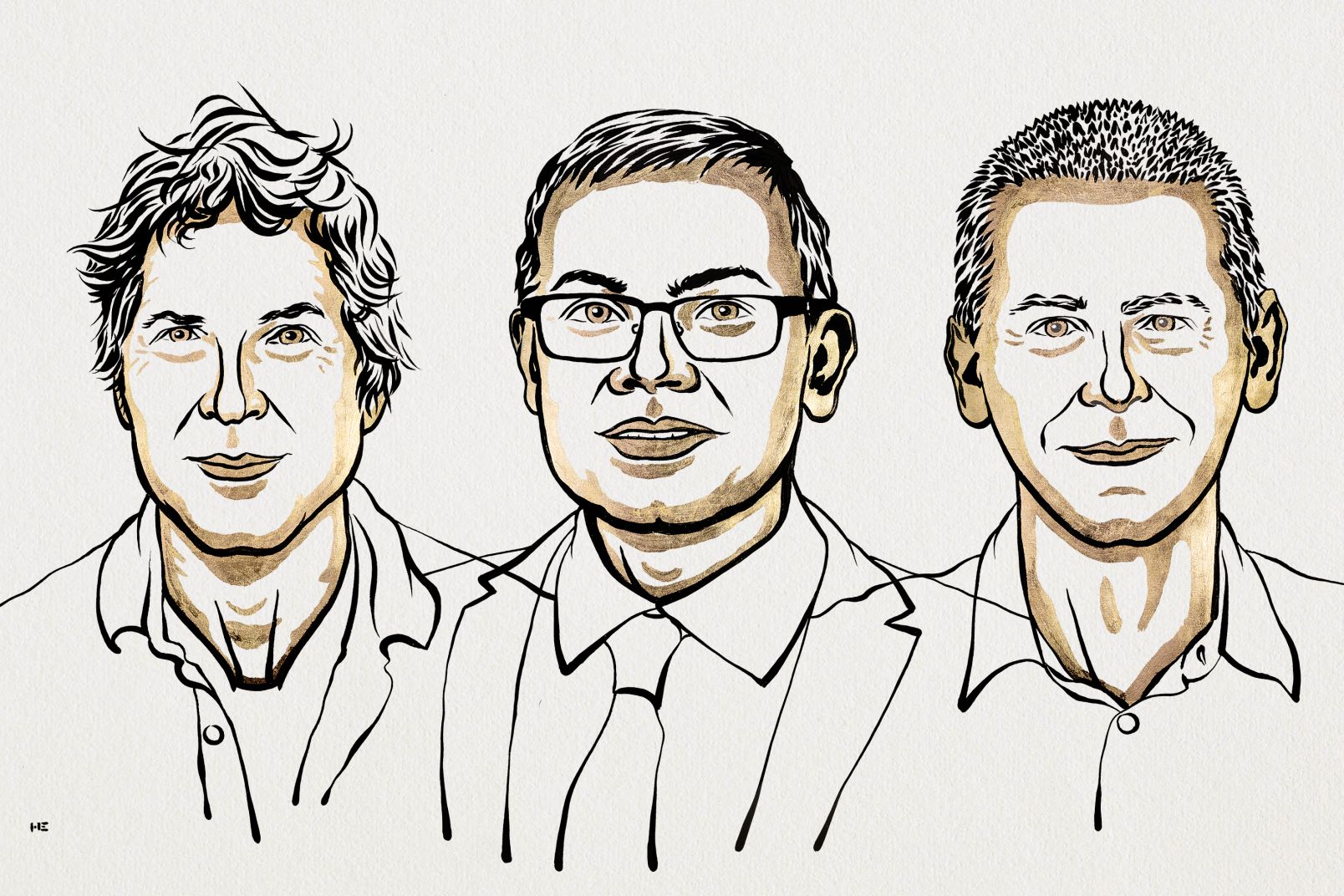
Ill. Niklas Elmehed © Nobel Prize Outreach
The first half of the Prize goes to David Baker from the University of Washington who was appreciated for developing a method of designing proteins starting with the most fundamental building blocks with the use of computer models as well as artificial intelligence. It allows the preparation of proteins which do not occur naturally, but they can perform certain functions such as catalyzing chemical reactions, fighting infections, or transporting drugs throughout an organism. Baker's studies are of key importance for the development of new kinds of treatment such as the administration of targeted drugs or therapeutic proteins which can be more effective and better suited than conventional methods.
The other half of the Prize goes to Demis Hassabis and John Jumper, both representing DeepMind, for their breakthrough research on AlphaFold, an advanced artificial intelligence system which enables predicting three-dimensional protein structures based of their amino acid sequence. Advanced systems such as AlphaFold are already applied by researchers all over the world, which allows them to extend our knowledge about proteins as well as their functions.
Proteins are exceptional molecules and they are involved in virtually all the biological processes that occur. They are composed of amino acids which form unique three-dimensional structures, and their shape determines their performance. The structures allow proteins to perform diverse functions such as catalyzing chemical reactions (enzymes), transmitting signals all over organisms (hormones and receptors), or building tissues (collagen in skin, muscles, and bones). Their versatility results from the fact that they can form thousands of different structural combinations with merely 20 kinds of amino acids. It enables them to function as highly specialized chemical tools since they can recognize other molecules, bond with them, and react in a clearly defined manner.
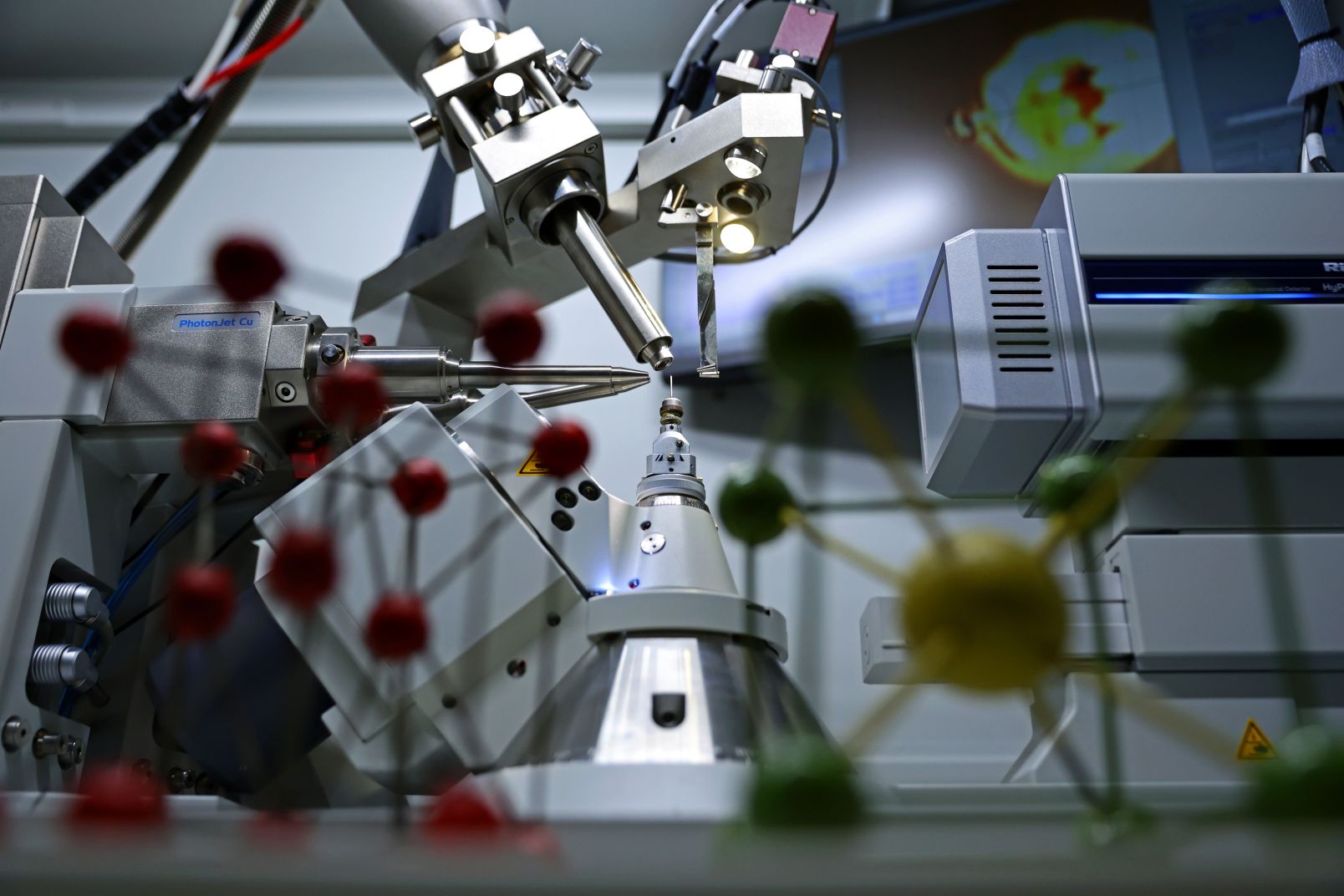
photo Andrzej Romański
For me as a crystallographer and researcher who works on the borderline of chemistry and biology, the subject of predicting protein structures is particularly attractive. Designing new enzyme inhibitors on a daily basis I take advantage of diversified computational methods and technological tools which provide invaluable information necessary in my scientific activities.
The achievements of this year's Nobel Prize winners not only accelerated the development in the field of protein engineering but also revolutionized the methods with which scientists can design and modify proteins. They find wide range of applications in various branches of science and industry. Faster development of new drugs and therapeutic methods which may be applied in the treatment of various medical conditions such as neurodegenerative diseases, viral infections, or neurobiological disorders becomes possible.
– Dr hab. Karolina Mikulska-Rumińska, prof. NCU from the Faculty of Physics, Astronomy and Informatics comments on The Nobel Prize winners research in practice
The Nobel Prize winners research has greatly contributed to progress in other scientists' studies, particularly those dealing with molecular biology, biochemistry, computational biophysics, or medicine. It can be confidently stated that their work has revolutionized the above and other fields of science. 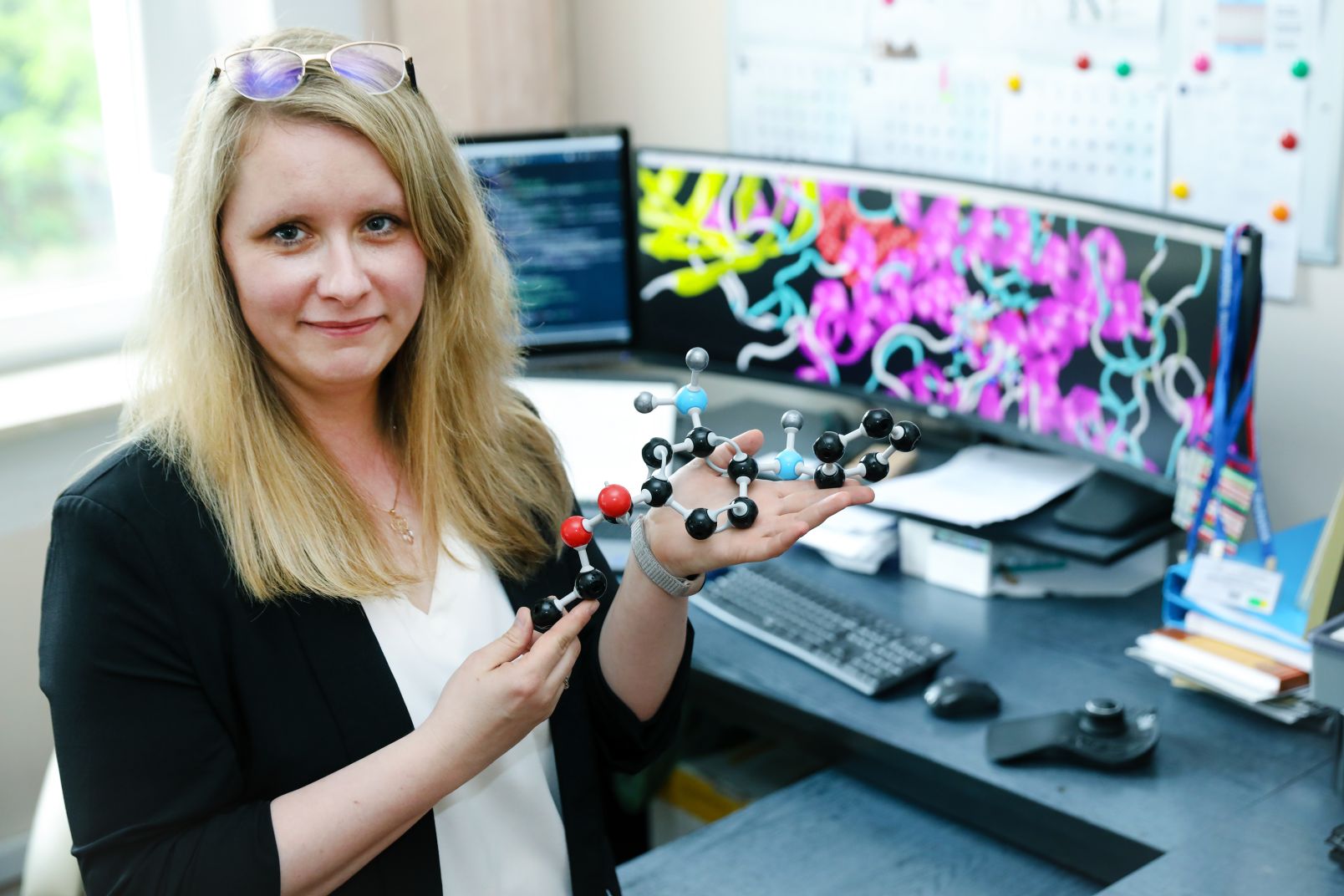 The spatial protein structures were often enough the missing link that would allow scientists to understand causes of diseases affecting humanity. Researchers frequently spent weeks or months to finally find a single protein structure, if such was not feasible with the use of experimental techniques. Currently, owing to the Nobel Prize winners' achievements, it just takes minutes, and the resulting protein structures well correspond to the real ones. Exactly proteins are responsible for numerous functions in our organisms, so the information concerning their spatial structural arrangement is crucial in the recognition of mechanisms of their functioning or the development of new potential drugs, which in turn translates directly into the implementation of new treatment methods. And this is only one example of possible applications for the knowledge we were given by this year's laureates.
The spatial protein structures were often enough the missing link that would allow scientists to understand causes of diseases affecting humanity. Researchers frequently spent weeks or months to finally find a single protein structure, if such was not feasible with the use of experimental techniques. Currently, owing to the Nobel Prize winners' achievements, it just takes minutes, and the resulting protein structures well correspond to the real ones. Exactly proteins are responsible for numerous functions in our organisms, so the information concerning their spatial structural arrangement is crucial in the recognition of mechanisms of their functioning or the development of new potential drugs, which in turn translates directly into the implementation of new treatment methods. And this is only one example of possible applications for the knowledge we were given by this year's laureates.
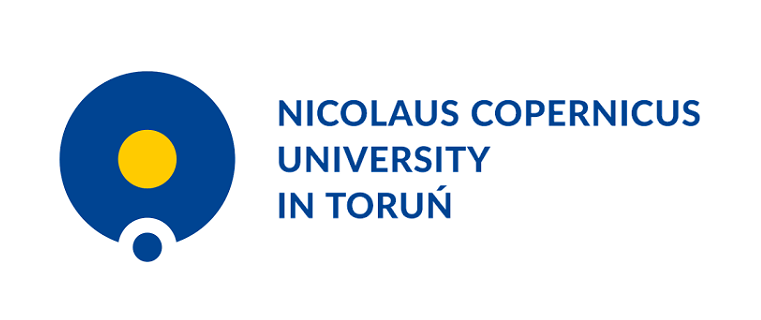 NCU News
NCU News






 Exact sciences
Exact sciences
 Social sciences
Social sciences
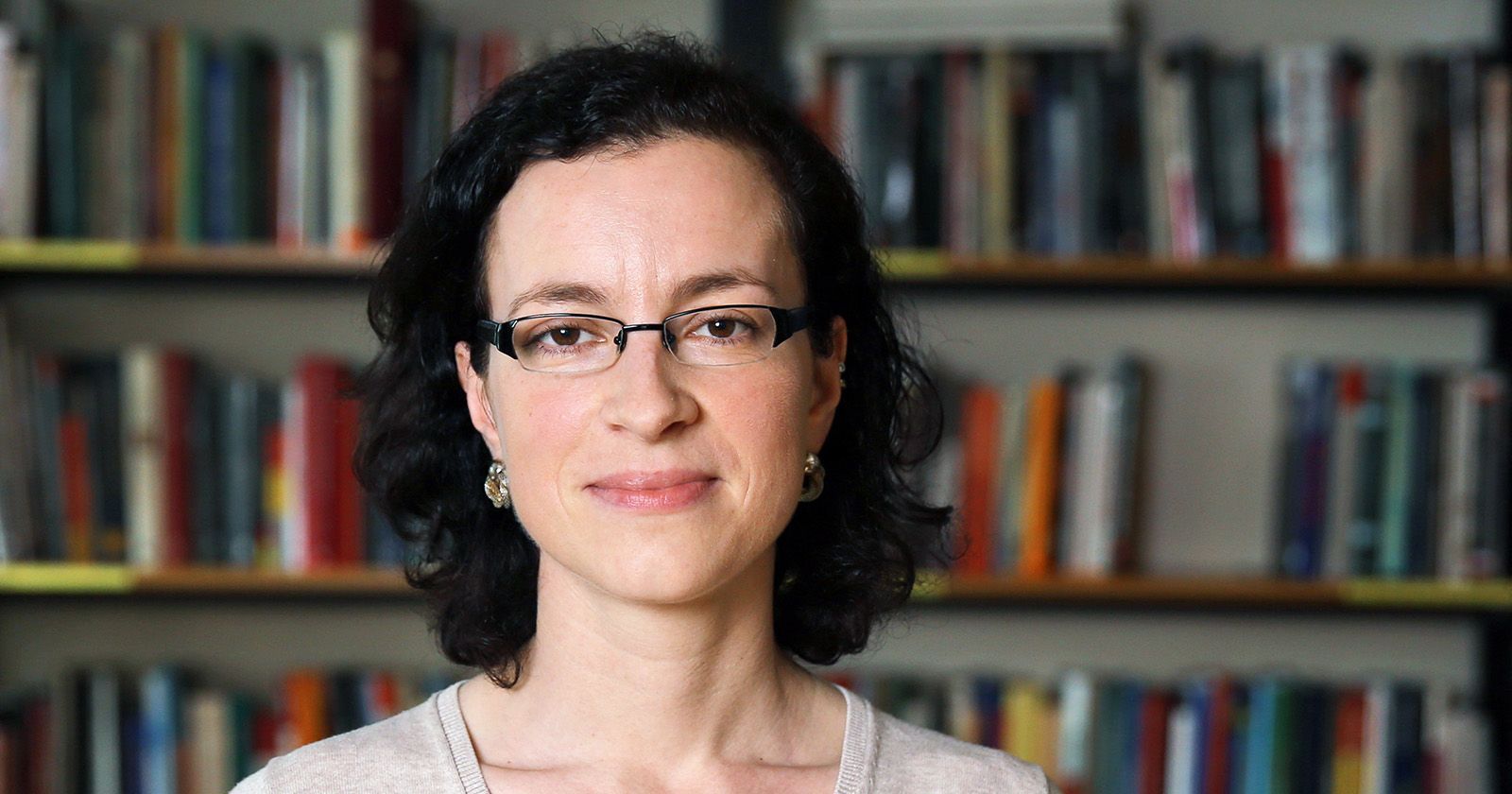 Social sciences
Social sciences